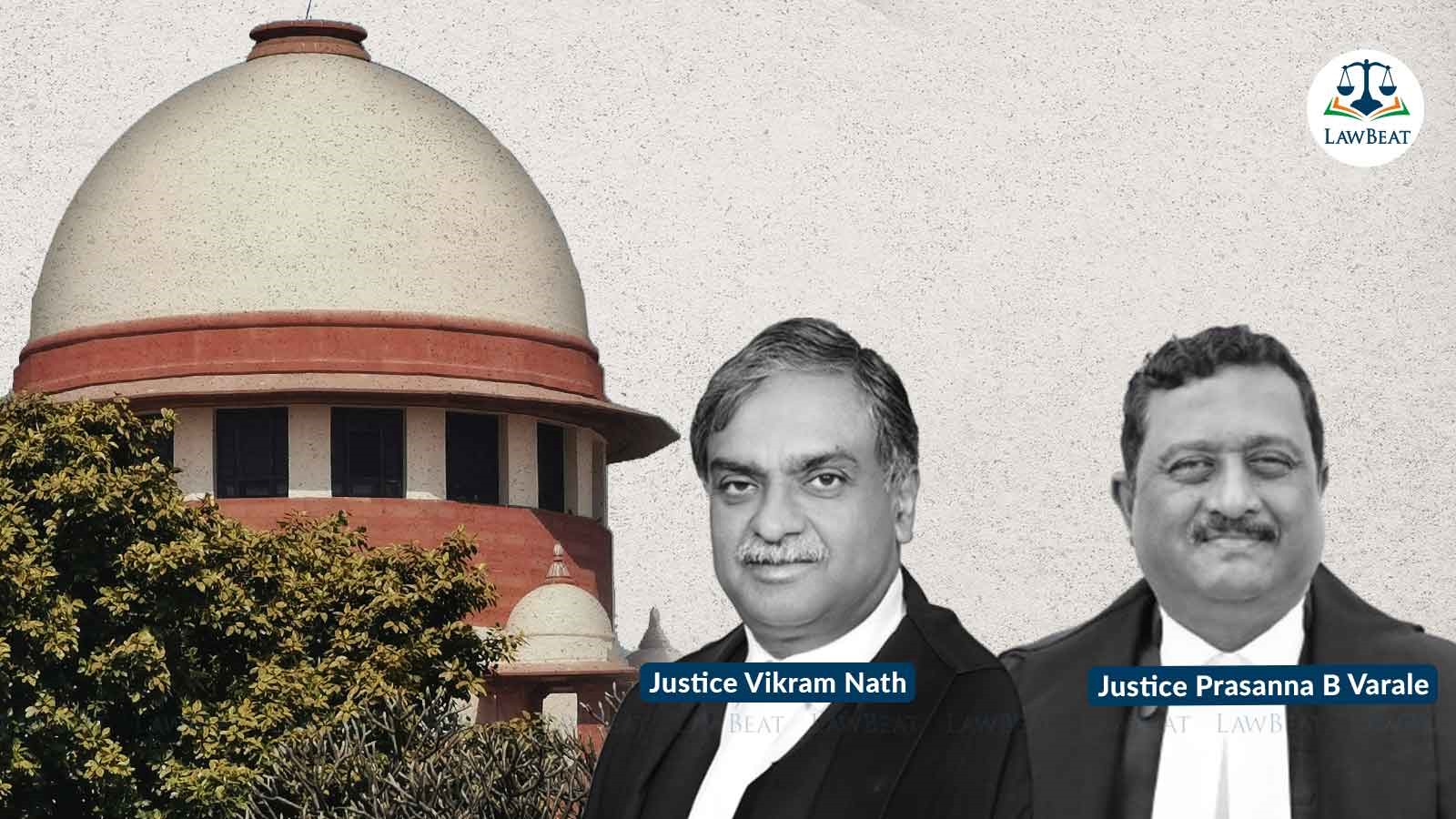SC tells NGT to oversee impact of silicosis prone industries

Given that the present writ petition was filed in 2006, prior to the establishment of the NGT, the Supreme Court directed the green panel to oversee the impact of silicosis-prone industries and factories across India
The Supreme Court recently said that the industries, which failed to abide by certain minimal standards to prevent silicosis among their workers should face closure, as it directed the National Green Tribunal to oversee the impact of silicosis prone industries and factories across India.
A bench of Justices Vikram Nath and Prasanna Bhalachandra Varale directed the National Green Tribunal (NGT) to ensure that the Central and States Pollution Control Board complies with earlier directions issued by the top court.
The bench also told the green panel to undertake additional necessary steps to prevent the spread of silicosis by such industries and factories.
With regard to payment of adequate compensation to affected workers or their next of kin, the bench directed the National Human Rights Commission India (NHRC) to oversee the process across the respective states.
"We also direct the ESIC and the Chief Secretaries of the respective states to adhere to the directions of the NHRC and collaborate with them to ensure that the compensation distribution process is carried out efficiently and without delay," the bench said.
The bench issued its directions while hearing a writ petition filed by the Peoples Rights and Social Research Centre (PRASAR) & others seeking intervention of the Supreme Court in addressing the grave issue of “Silicosis” among workers in various industries across the country.
Silicosis is an incurable occupational lung disease caused by prolonged inhalation of silica dust and it has been rampant throughout India due to inadequate detection, monitoring, and remedial measures. It predominantly affected workers engaged in industries such as mining, construction, stone cutting, and sandblasting, where they were exposed to high levels of silica dust.
The petitioner contended that the pervasive and unchecked prevalence of silicosis among workers in various industries constitutes a violation of the workers’ fundamental rights under the Constitution of India.
The instant writ petition was filed in 2006. Since then, various orders have been passed by the court.
In 2019, the CPCB filed a report showing a grim picture of large-scale environmental law violations which led to serious health problems and deaths in affected areas.
Advocate Prashant Bhushan, counsel for the petitioner, suggested further steps needed to be taken to ensure the closure of these polluting units. The counsel for the Union and other state governments indicated that many units have been ordered to be closed, and further action is being taken for the closure of non-functional and still-operating units.
"In our considered opinion, the National Green Tribunal is the appropriate authority to oversee this aspect of the matter. The NGT, established under the National Green Tribunal Act in 2010, is tasked with the expeditious disposal of cases related to environmental protection and the speedy implementation of decisions. Given that this writ petition was filed in 2006, prior to the establishment of the NGT, these matters could not have been presented before the Tribunal initially. However, we now direct the NGT to oversee the impact of silicosis prone industries and factories across India and ensure that the CPCB and the respective SPCBs comply with the earlier directions of this court," the bench said in its judgment.
Case Title: Peoples Rights And Social Research Centre (PRASAR) & Ors Vs Union of India & Ors
